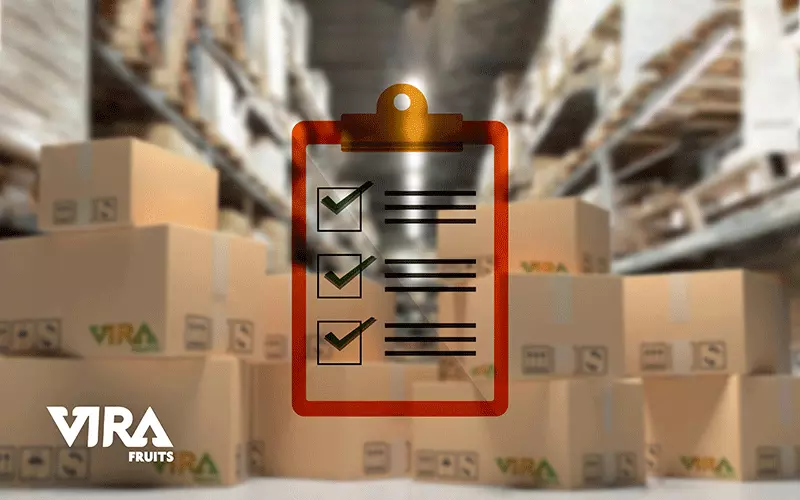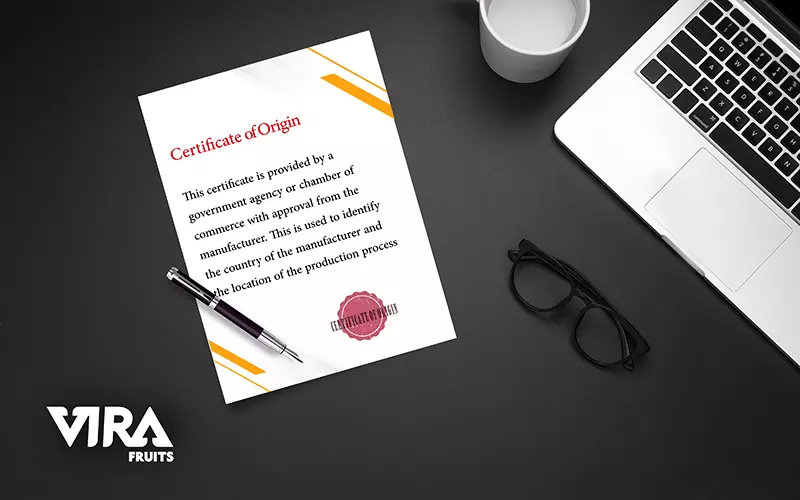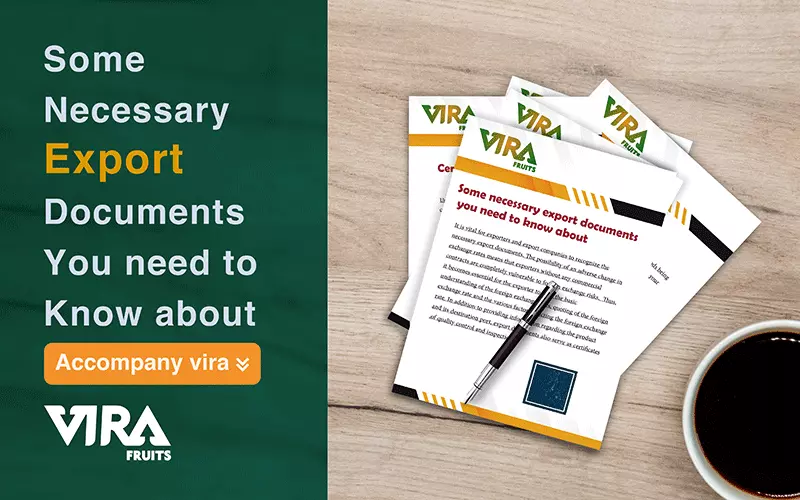It is vital for exporters and export companies to recognize the necessary export documents. The possibility of an adverse change in exchange rates means that exporters without any commercial contracts are completely vulnerable to foreign exchange risks. Thus, it becomes essential for the exporter to have a basic understanding of the foreign exchange rates, quoting of the foreign exchange rate, and the various factors affecting the foreign exchange rate. In addition to providing information regarding the product and its destination port, export documents also serve as certificates of quality control and inspection.

Commercial Invoice
An international commercial invoice is one of the necessary export documents which describes the complete export transaction, including all logistics terms, once the sale is complete and goods are ready to ship out. All parties involved need to be aware of the important information and instructions: buyer, freight forwarder, foreign customs, import broker, banks, carriers, etc. Depending on the country, specific invoices or licenses may be required, so failing to prepare them correctly can cause delays or fees to be charged.
Bill of lading
This document is the most necessary export document you need to recognize, which is a contract concluded between the owners and the carriers. It will contain information on which goods are being shipped, where they are going, and when they were shipped. The bill of lading also serves as the carrier’s receipt for the shipment once it has been picked up.

Packing list
In common with a shipping list, a packing list describes various elements of the shipment, including how it was packed, the numbering of the items, and the weight/height. Although not always needed, this document is important for freight forwarders because they use it to prepare a bill of lading and estimate the amount of cargo to be shipped.
Consular Invoice
Consular invoices are certifications required for goods being shipped out of the country and can be obtained from your consular representative. While not required in every country, it can greatly facilitate customs and tax collections in many developing nations

Certificate of Origin
This certificate is provided by a government agency or chamber of commerce with approval from the manufacturer. This is used to identify the country of the manufacturer and the location of the production process.
Dangerous goods forms
It is mandatory that you include the correct dangerous goods form for shipments deemed dangerous goods by either the International Air Transport Association (IATA) or the International Maritime Organization (IMO). The proper packaging, labeling, and documentation of dangerous goods need to be taught before they are exported from your company. The IATA form for dangerous goods carries important information about the shipment. For ocean shipments, a different form is required. Once again, only a person trained in handling dangerous goods should complete these forms.

Proforma Invoice
An export pro forma invoice is used by the seller and buyer to negotiate the terms of the export contract. When an export transaction is initiated, this document functions as the seller’s quote, and will eventually become the final invoice used by customs officials of the importing country after the goods are cleared. It contains an inventory of goods (e.g., quantity, price, weight, kind, etc.) and represents the seller’s commitment to provide the goods and services on the agreed-upon date.
Certificate of Manufacturer
Upon this notarized certification, the manufacturer certifies that the goods have been produced according to specifications and are complete and ready to be shipped.

Insurance Certificate
This is one of the most necessary export documents you need for verifying you have bought cargo insurance for export shipments. Exporters are likely to purchase insurance because large losses and liability are a concern.
Inspection Certificate
Meat products, industrial equipment, perishable goods, and perishable merchandise are usually the subject of these necessary export documents. This document proves the shipment contained the correct quantity of items and that they were received in good condition.
Read about import-export regulations of Iran.
